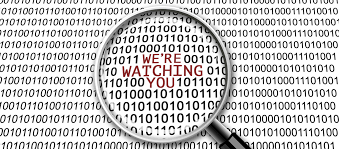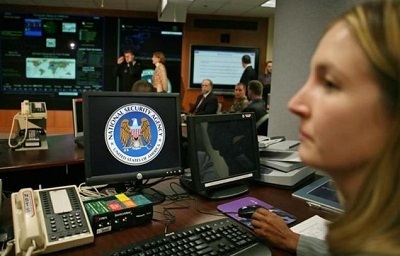Ted Poe Hails Passage of the Email Privacy Act
 Wednesday I issued the follow statement on the passage of H.R. 699, the Email Privacy Act out of the House Judiciary Committee. The Email Privacy Act reforms the outdated Electronic Communications Privacy Act (ECPA) law of 1986. Under current law, the federal government can gain access to any electronic communications that is stored for at least 6 months in the cloud.
Wednesday I issued the follow statement on the passage of H.R. 699, the Email Privacy Act out of the House Judiciary Committee. The Email Privacy Act reforms the outdated Electronic Communications Privacy Act (ECPA) law of 1986. Under current law, the federal government can gain access to any electronic communications that is stored for at least 6 months in the cloud.
The House Judiciary Committee took a historic step to finally reform the outdated 1986 ECPA law to keep up with today’s digital world. While I am glad that the committee addressed the issue of warrant for content in regards to emails and other information stored in the cloud, I strongly believe that there is more work to do, such as ensuring that the Fourth Amendment protections apply to aerial surveillance and data stored abroad. A warrant should also be required for the government to obtain geolocation information about an American citizen. Simply put, the government should not be able to snoop and spy on our movements through smart phones and other devices. The Fourth Amendment does not have an exception that says: “except in the digital world” or “except in national security instances”. Our data – no matter whether it is physical or data - should only be able to be obtained by the government subject to a lawful warrant. It is my hope that the Email Privacy Act is the start, not the end, of our review of privacy and the Fourth Amendment in the digital age.
Poe is the co-author of H.R. 983, The Online Communications and Geolocation Protection Act, which modernizes ECPA by requiring government to obtain a search warrant prior to intercepting or forcing disclosure of electronic communications or geolocation data and H.R. 3962, the Protect Individuals from Mass Aerial Surveillance Act, which would require the federal government to obtain a warrant to conduct aerial surveillance in the U.S.








